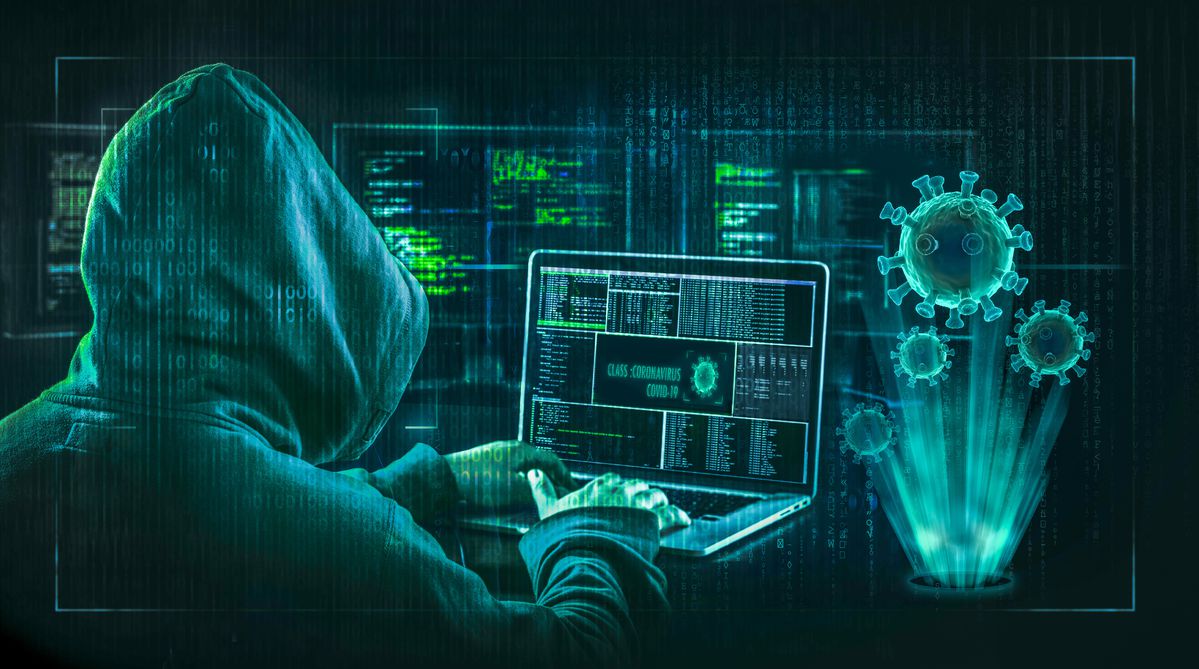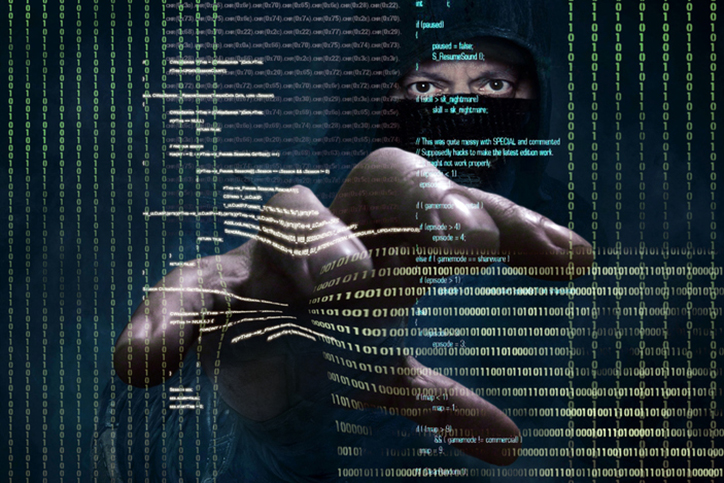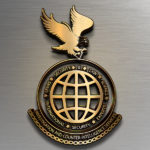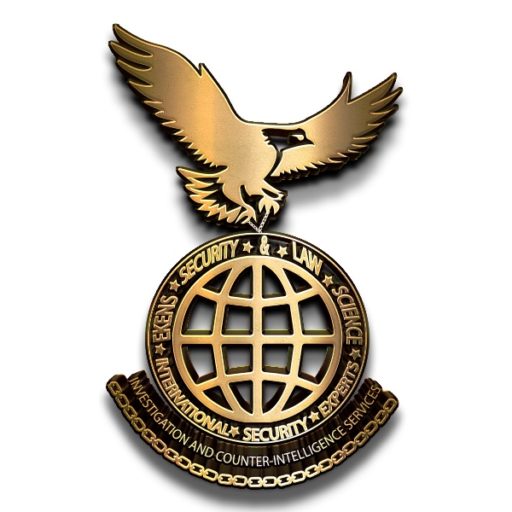Call + 1- 514-446-6389
Our Counterintelligences
What is counterintelligence
Counterintelligence is information gathered and activities conducted to protect against espionage, other intelligence activities, sabotage, or assassinations conducted by or on behalf of foreign governments or elements of foreign organizations, persons, or international terrorist activities.

What are the types of counterintelligence?
Defensive counterintelligence
Offensive counterintelligence operations
Counterintelligence protection of intelligence.
Counterintelligence force protection source operations.

What are spies good at?
- Spies can then return information such as the size and strength of enemy forces.
- They can also find dissidents within the organization and influence them to provide further information or to defect.
- In times of crisis, spies steal technology and sabotage the enemy in various ways.

What is intelligence gathering?
- An intelligence gathering network is a system through which information about a particular entity is collected for the benefit of another through the use of more than one, inter-related source.
- Such information may be gathered by a military intelligence government intelligence.
We are trained to Counter spying, intelligence gathering, and sabotage by an enemy or other unwanted intruder against your privacy while we specialized in countering social engineering through under the Deep or surface web.

What Are The different types of vulnerability
- There are different types of Vulnerability which include Human-social,
- Physical, Economic, and Environmental.
- And their associated direct and indirect losses.

Countering Intelligence
- Applying the efficient counter methodology to protect the secrets of the Intelligence Community in strategic partnership through adequate investigation against the global threats.

What is Vulnerability
- Vulnerability in this context can be defined as the diminished capacity of an individual or group to anticipate, cope with, resist and recover from the impact of a natural or man-made hazard. The concept is relative and dynamic.
HOW DO WE COUNTERINTELLEGENCE
As a Counterintelligence Specialist we do conduct investigations collect and process forensic and physical evidence to identify and detect intelligence intruder and international terrorism threats and plan to execute efficient countermeasures to neutralize the threat


What is Counterintelligence and its importance?
- The core aim of counterintelligence is composed of following issues: preventing the attempts at penetration by a hostile agent protecting against inadvertent leakage of classified information; preventing espionage, subversive activities, sabotage, terrorism and other politically motivated violence acts.
be vigilant at all time
What is security intelligence?
- The term security intelligence describes the practice of collecting, standardizing and analyzing data that is generated by networks, applications, and other IT infrastructure in real-time, and the use of that information to assess and improve an organization’s security posture.


What is Methods of counterintelligence
Methods of counterintelligence are Some fundamental counterintelligence methods are examined, which have not significantly changed through history we are referring to the use of double combination and the process of handling double agents, moles, defectors, covert surveillance of people, things, and facilities, denial, deception, counterintelligence.
Our Brief Counterintelligence Methodology and Approach
Counterintelligence Approach
COUNTERINTELLIGENCE. is information gathered and activities conducted to protect against espionage, other intelligence activities, sabotage, or assassinations conducted by or on behalf of foreign governments or elements of foreign organizations, persons, or international terrorist activities.
TYPE OF COUNTER OPERATIONS
There are two types of CI operations special operations and general operations. Special operations involve direct or indirect engagement with FIS through human source or technical efforts. General operations are usually defensive and are aimed at supporting force protection programs and formal security programs of Army commanders at all levels.
Essentially, all CI operations and activities support force protection. CI operations are not operations in the conventional combat arms sense. CI activities that do not fall under the other functional areas of investigations, collection, or analysis and production are characterized as operations. CI personnel are soldiers first. They are not equipped or trained to conduct standard military operations as a unit nor replace combat arms units, other combat support, or combat service support personnel. CI personnel support operations in peace, war, and OOTW. It is the commander’s responsibility to direct execution. Once the decision to execute is made, operations will generally be carried out by combat forces. For example, in conflict, CI may identify threat collection assets that are legitimate tactical targets and recommend neutralization by appropriate artillery or air defense artillery fires.
CI information is developed through the intelligence cycle. The cycle consists of five phases: planning and directing, collecting, processing, producing, and disseminating. It is a continuous process and, even though each phase is conducted in sequence, all phases are conducted concurrently.
CI information without proper dissemination and action is useless. It is the role of the MDCI analyst working with other CI and intelligence specialists in the analysis and control element (ACE) to analyze threat data and determine countermeasures to deny the enemy collection capabilities or other threats. CI personnel recommend countermeasures.
Corporate Office:
- 1250, Rene-Levesque, Blvd. West,
- Montreal, H3B 4W8 Quebec, Canada
Contact
- info@ekenssecurity.com
- +1 (514) 446 6389
Social Contact:
Charity: Ekens Foundation

© Copyright 2021 Ekenssecurity.com All right reserved. .
